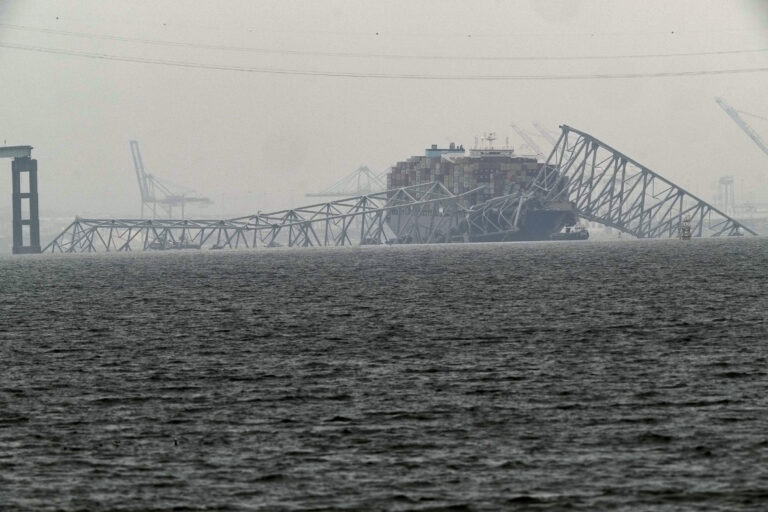CLAYTON, Mo. — Paper Transport (PTI), a truckload carrier and intermodal marketing company (IMC) has revealed the impact of its partnership with Freight Science and its Intelligent Decision Recommendation and Automation technology.
“Our partnership with Freight Science has enabled us to develop new business models and associated services while enabling scalable operations across our customer base,” said Jared Stedl, chief commercial officer for Paper Transport. “The Freight Science platform and team enabled us to quickly develop an updated dedicated service to secure more deals. Our customers are looking for a high-quality service with on-time pickup and delivery. We do this better than our competition. Freight Science enables us to do this while honoring our drivers’ home time requests, leading to low driver turnover. Freight Science also enables us to drive more backhauls, allowing us to do more with less.”
The release added that by going to market with Freight Science’s load planning optimization solutions, PTI has expanded its competitive advantage and won new business within the competitive dedicated shipping industry.
Most notably, it was announced in a press release that Freight Science’s Intelligent Decision Automation was put into action two days following the collapse of Baltimore’s Key Bridge in March, rerouting shipments automatically, resetting customer expectations and saving freight costs.
Paper Transport (PTI) chose technology company Freight Science to enable the for-hire truckload carrier to overcome daily business operational challenges, including suboptimal routes, increased fuel costs, longer delivery times, and inefficient asset utilization due to a lack of real-time insights and optimized planning, according to the release.
Freight Science also equipped PTI with the ability to develop new business models to secure a huge food and beverage customer, improve operational efficiency, and win new business within the dedicated shipping industry, the release said.
“Traditional load planning is resource-intensive requiring higher overhead cost and detracting from customers and drivers while often yielding suboptimal decisions, unnecessary empty miles, late deliveries, and less efficient asset utilization,” Stedle aid. “Delays in decision-making due to a lack of real-time insights also hinder operational efficiency, making operational cost management a constant struggle. The Freight Science platform, employed by PTI, addresses these critical challenges, contributing to greater operational efficiency, improving collaboration with shippers, all while reducing operating costs through higher utilization and lower overhead.”





